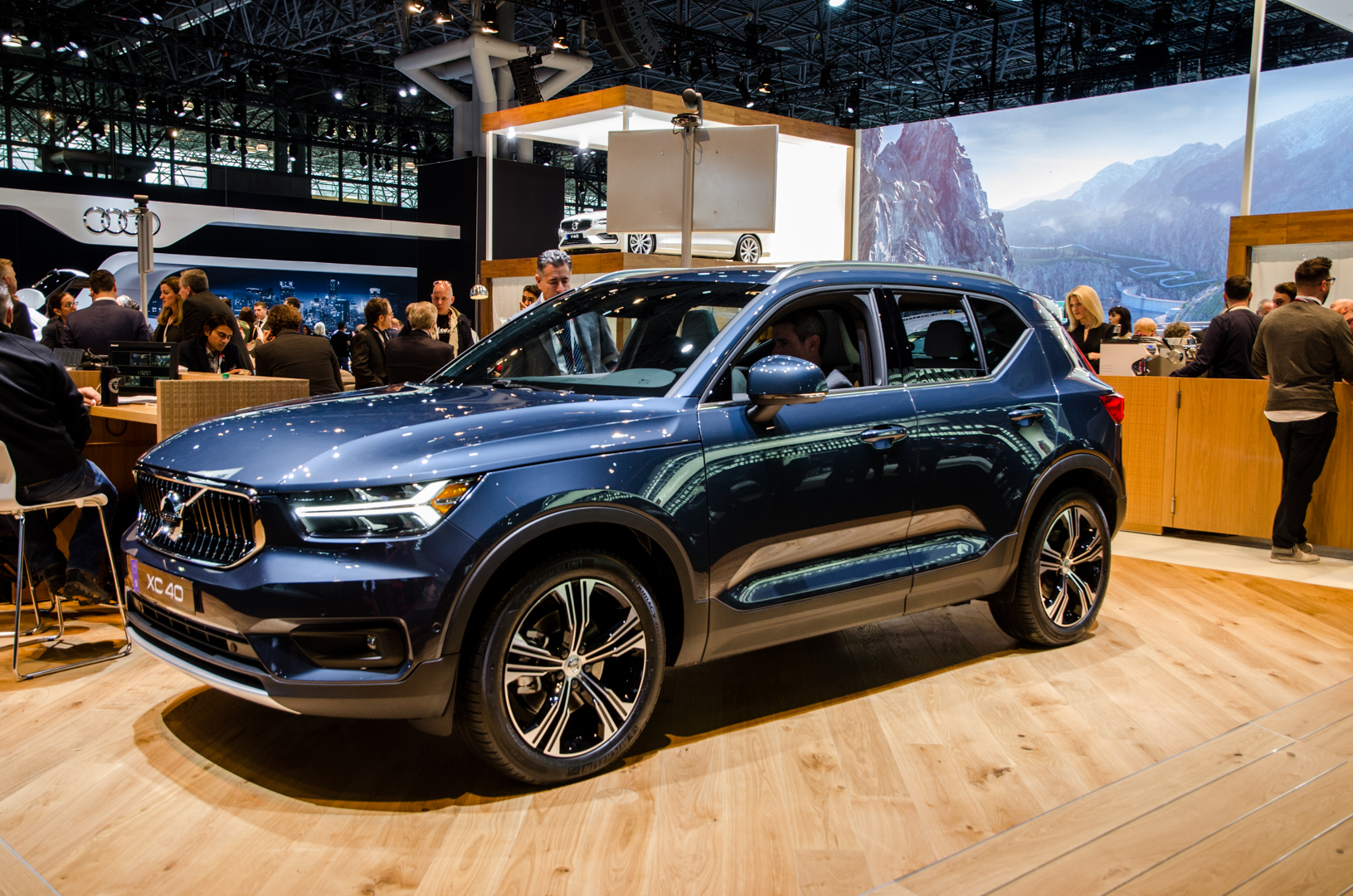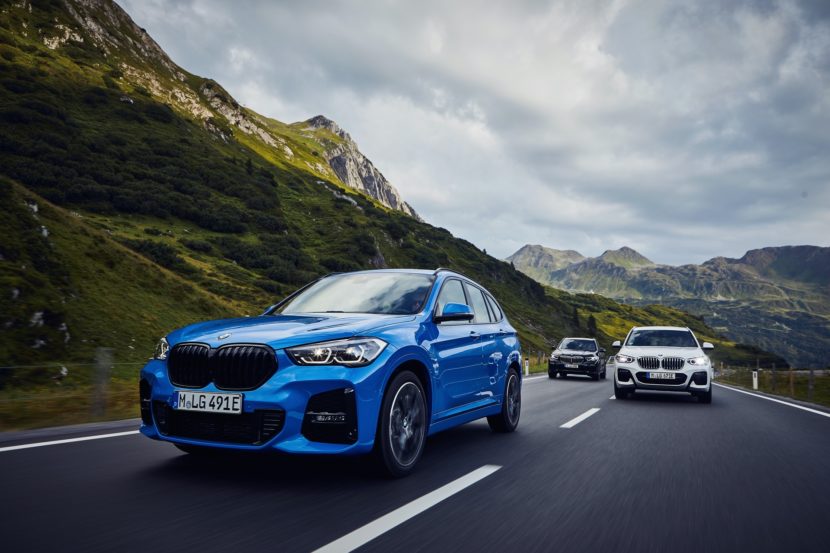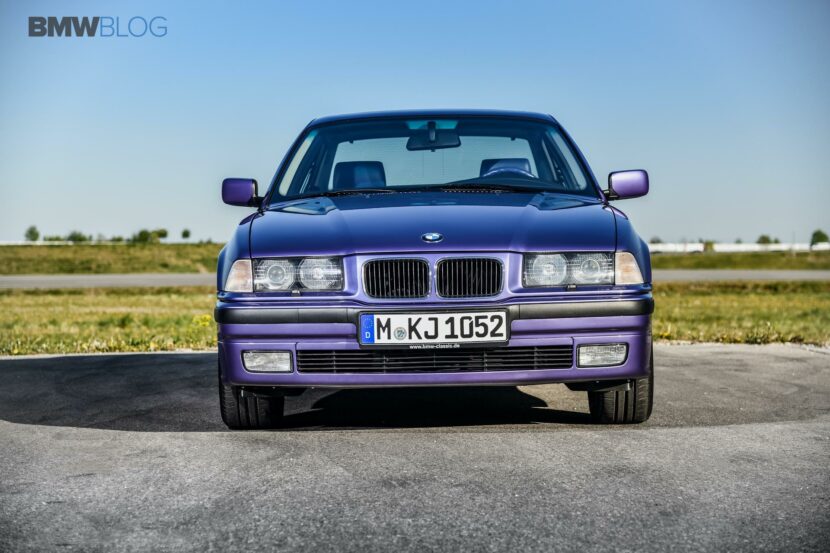At the moment, BMW is making a bit of noise with its X1 xDrive25e, the brand’s new plug-in hybrid version of the X1. And that’s great, it should have a hybrid BMW X1 and it should be proud of it. However, the Bavarians, as well as all of the other competition in the segment, may be shown up quite soon by the upcoming all-electric Volvo XC40.
The Swedes have announced that an all-electric Volvo XC40 will be making its debut next month and that it will be one of the safest cars on the road, in any segment. This is really interesting news because it would make the XC40 in the only EV in its class, as the BMW X1 is only a hybrid and not a full-EV and the Mercedes-Benz has been caught testing an electric EQB but that’s still far away. There’s the Chevy Bolt but it’s not as premium and likely quite a bit cheaper than the electric Volvo.
What’s interesting is that Volvo of all brands is the one debuting an all-electric crossover in this segment before its German competition. While the BEV Volvo XC40 will likely be too expensive and not pack enough range (simply because that seems to be the nature of smaller EVs these days and is not an indictment of Volvo’s efforts), it’s still an impressive feat. The fact that Volvo will have a pure electric crossover at the bottom half of its portfolio should be exciting for buyers. It could also quell the reliability issues XC40 owners have had with their powertrains.
We know BMW is working hard on electric mobility, mostly in the background developing new powertrain and battery tech. However, each and every time a new EV is announced, it makes the Bavarians seem a bit behind on the times. It’s ironic that the reveal of the new BMW X1 xDrive25e plug-in hybrid coincides with the announcement of the all-electric Volvo XC40. So the Swede will almost immediately make the Bavarian look a bit outdated.
[Source: Autocar]






































































